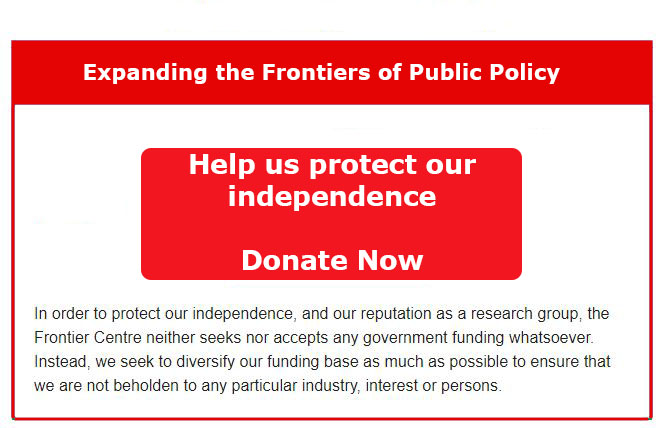In December of last year, the Assembly of First Nations’ (AFN) national chief announced he would not be seeking re-election. Coming up on the next leadership race, it may be important to have a conversation about what the AFN wants to be and where it wants to go.
Here are some observations and some advice for the incoming national chief, as well as just some suggestions for the organization as a whole.
But, first, there are some good things to mention about this national chief upon this announcement.
The national chief was instrumental in ensuring that Indigenous voices were heard during the pandemic response. For that, he deserves credit. He was quite vocal in the call for more federal resources for First Nations that were threatened by COVID-19. Above all other communities, Indigenous ones were some of the most vulnerable to the virus—both in terms of health indicators and the lack of health infrastructure.
But, by and large, thanks to the national chief and others, most Indigenous communities were spared the worst effects of COVID-19. This is one good aspect of having one organized voice to speak to the government.
In terms of voice, however, the AFN must become an advocate for Indigenous engagement in the modern economy, which often means the resource sector. Too often, the organization becomes beholden to the vocal minority of communities that oppose pipelines and other energy projects. In the post-COVID-19 recovery, the next chief must be a strong advocate for Indigenous involvement in this sector.
The AFN under the current national chief also became quite effective at working with the government in helping provide Indigenous input to important legislation. This may have been due to a close relationship with this federal government, but it does not have to be. The AFN has a reputation for often being obstructionist, stubborn and confrontational with the government. But this national chief has helped avoid that and that must continue to be the pattern for the organization. 
The perennial issue of AFN’s internal democracy will re-emerge and should be finally addressed. The next national chief should not avoid this issue but make it central to their plan for re-energizing the AFN and making it truly relevant.
The AFN is really governed by chiefs and the national chief is selected by chiefs from across the country. Extending the vote to all First Nations has long been discussed but never acted upon. But the AFN does not need to necessarily adopt a direct vote to become more democratic. It just needs to restructure its internal decision-making processes to include grassroots First Nations.
The central issue is the lack of organizations that speak for average First Nations on and off reserve. Most modern Indigenous organizations represent collective interests, not individuals. The AFN—although technically a lobby group—has become so much more than that and must change from only representing chiefs and collective interests. The national chief constitutionally is only a spokesperson for the organization and has no independent power. Indigenous people need to decide if that is to change and if the national chief is to cease being a mouthpiece for the chiefs.
The impact of being dominated by chiefs has been on the AFN’s agenda, which is heavy on protecting First Nation governments and downplaying accountability and governance issues at the ground level. For years, the AFN has had limited discussions about exorbitant chief and councillor salaries, as well as corruption and nepotism on many reserves. That must change if average Indigenous people are going to retain confidence in the AFN as an institution that represents their interests. At present, these issues are often only addressed by Indigenous media organizations, such as the Aboriginal Peoples Television Network (APTN).
The APTN has been the only outlet to really address the elephant in the AFN room, which is that as the current national chief departs, the AFN faces calls from within the organization for an independent audit to investigate whether its executive committee violated its own conflict of interest and financial policies, in particular its policies on awarding contracts. Despite some impressive policy achievements, the national chief leaves the organization with some scandals.
The AFN and the incoming national chief must address these improprieties head-on and reform the organization’s financial controls. The AFN must not become like some of the worst-run First Nations, plagued by scandals of financial abuse. The organization must serve as a model and inspiration of good Indigenous governance for all First Nations to emulate.
In the end, the announcement by the current national chief should start a desperately needed conversation among all First Nations about what sort of national organization they need. They need not wait until the leadership race for this to happen.
Joseph Quesnel is a senior research associate with the Frontier Centre for Public Policy.
Photo by Tandem X Visuals on Unsplash.



